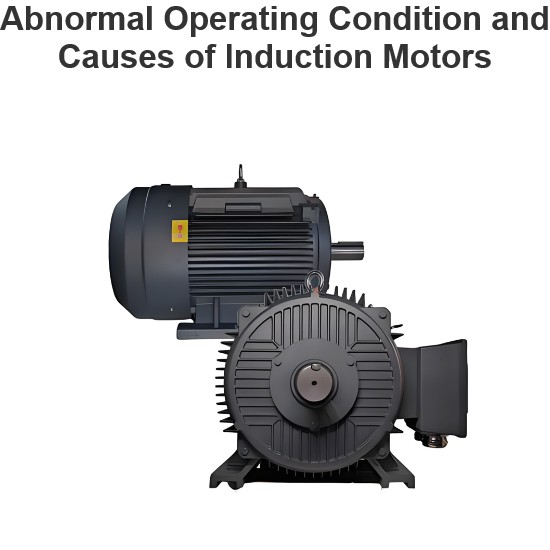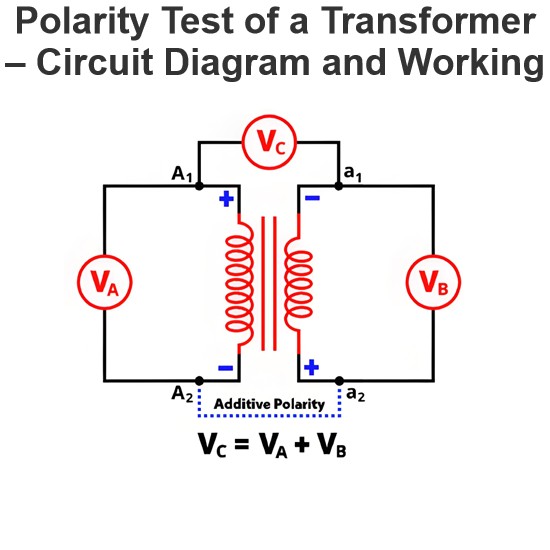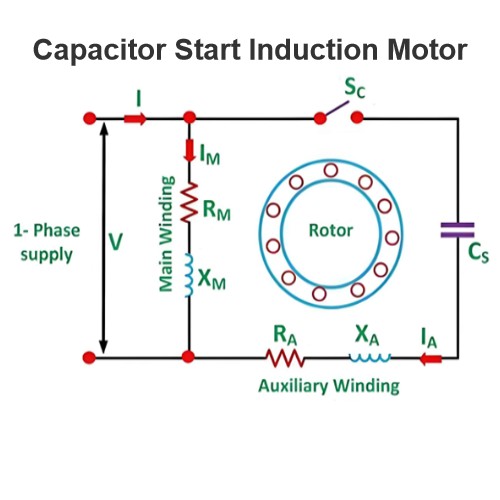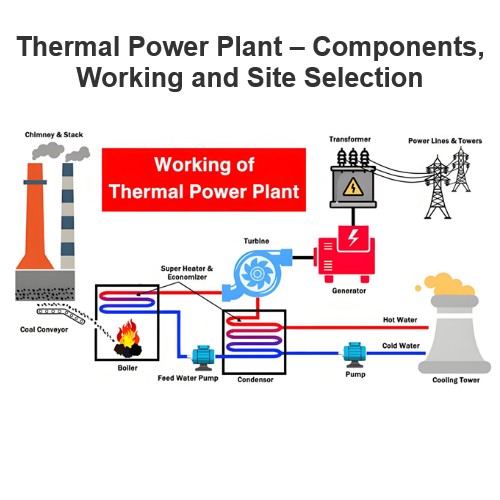What is the Starting of DC Motor?
What is the Starting of DC Motor?
Starting current definition
The starting current in a DC motor is defined as the initial large current that flows when the motor starts and needs to be limited to prevent damage.
The action of counterelectromotive force
The back electromotive force is the voltage generated by the rotation of the motor, which is the opposite of the supply voltage and helps regulate the starting current.
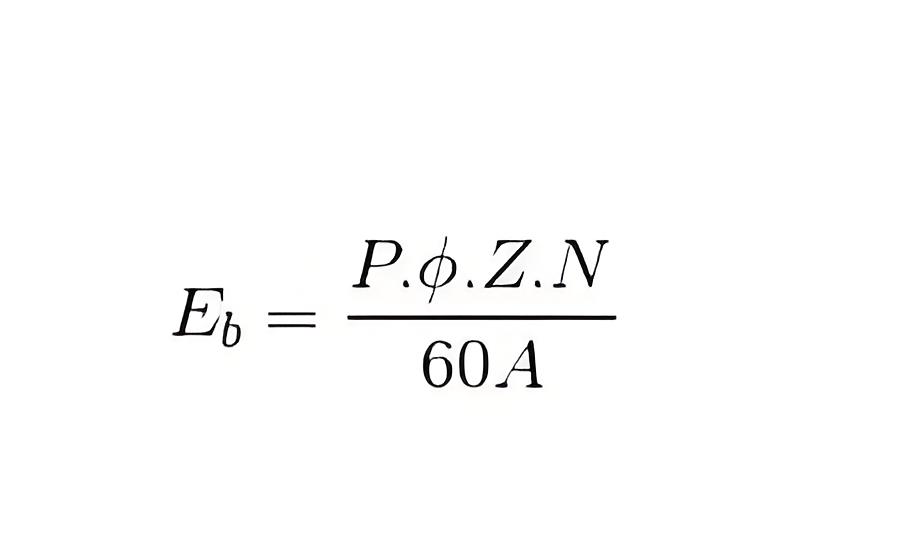
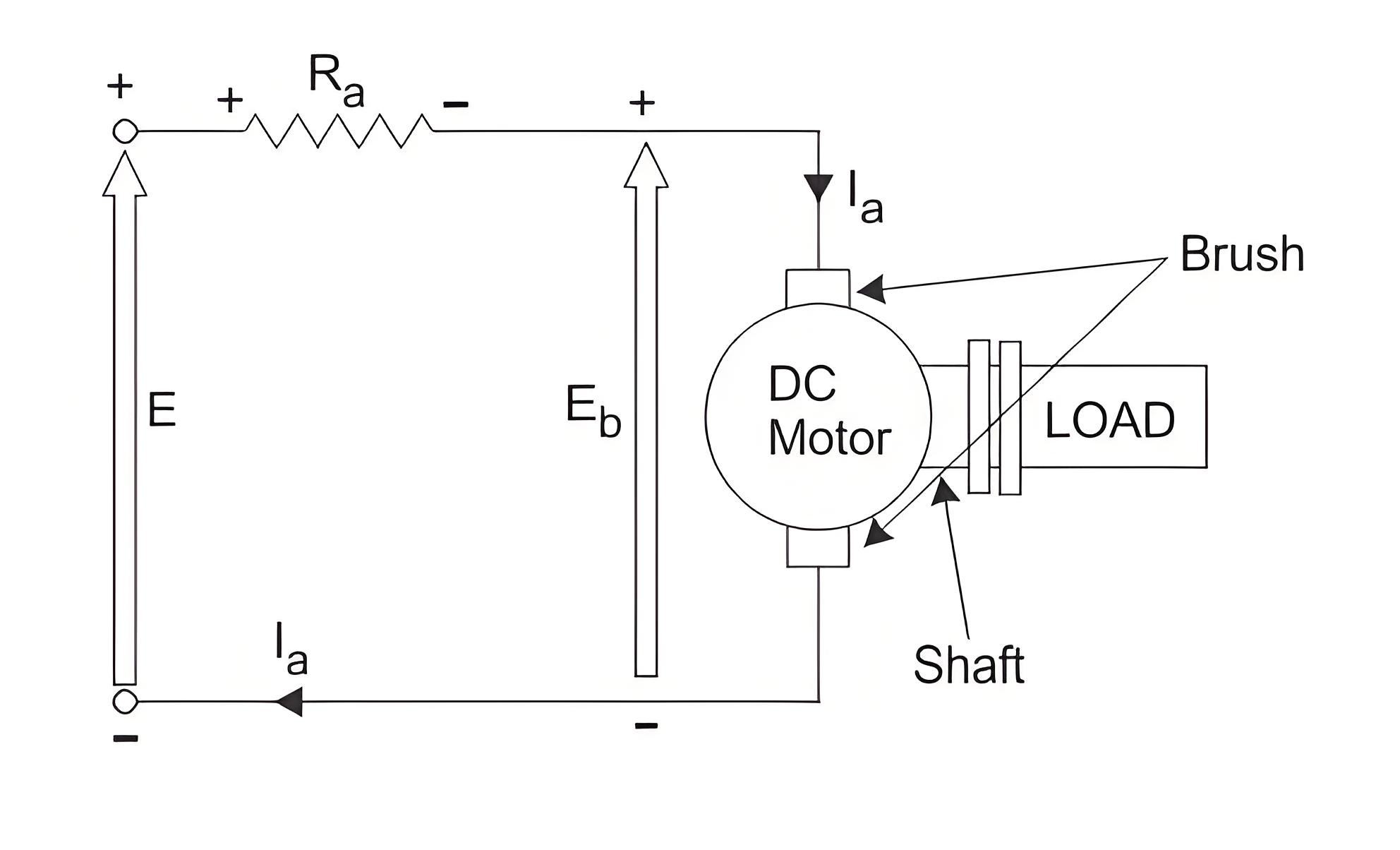
Starting method of DC motor
The main method of limiting the starting current involves the use of a starter with variable resistance to ensure the safe operation of the motor.
The use of the starter
The starter is an essential device that helps control the high starting current in the DC motor by increasing the external resistance.
Starter type
There are different types of starters, such as 3-point and 4-point starters, each designed for a specific motor type.
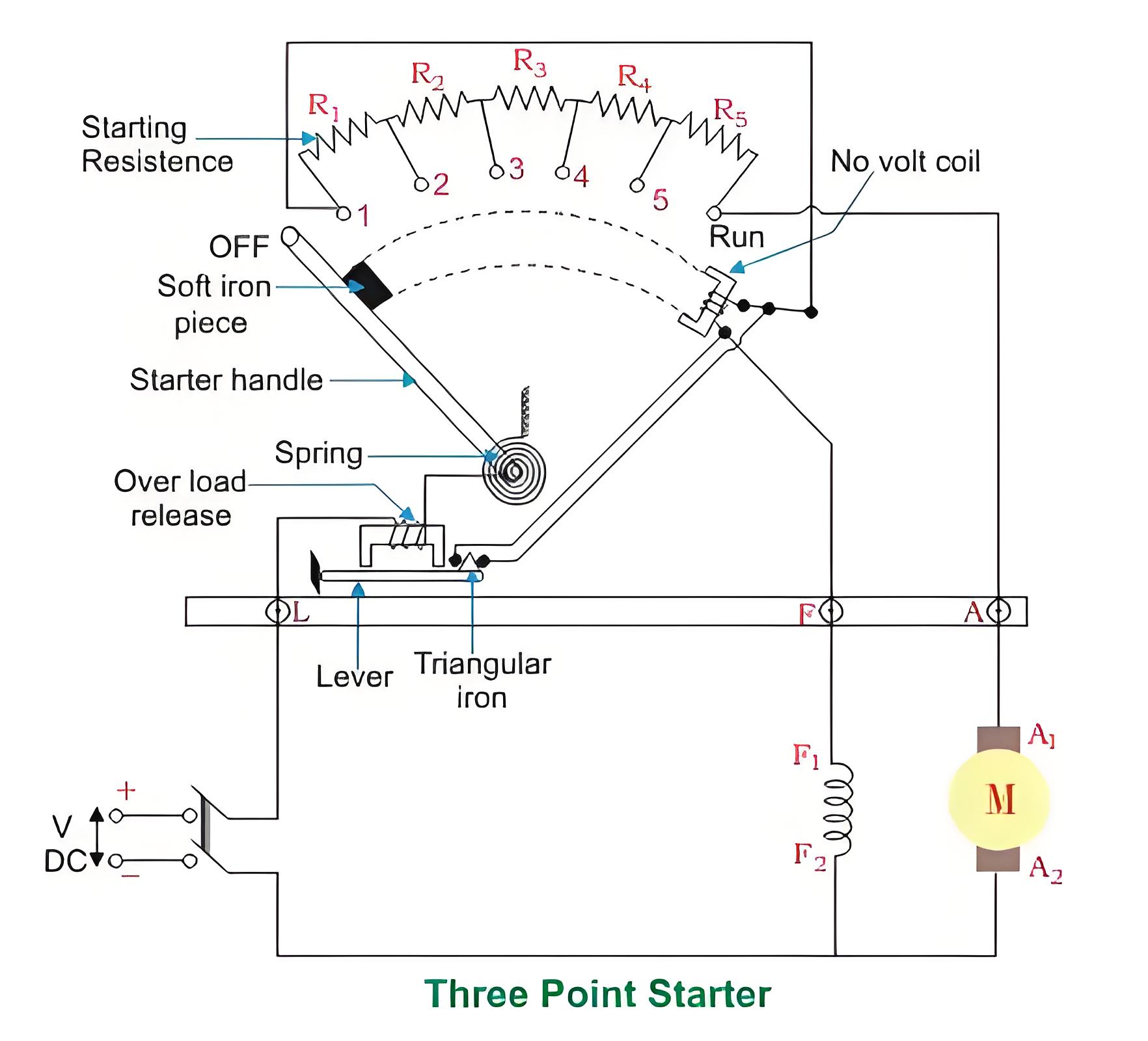
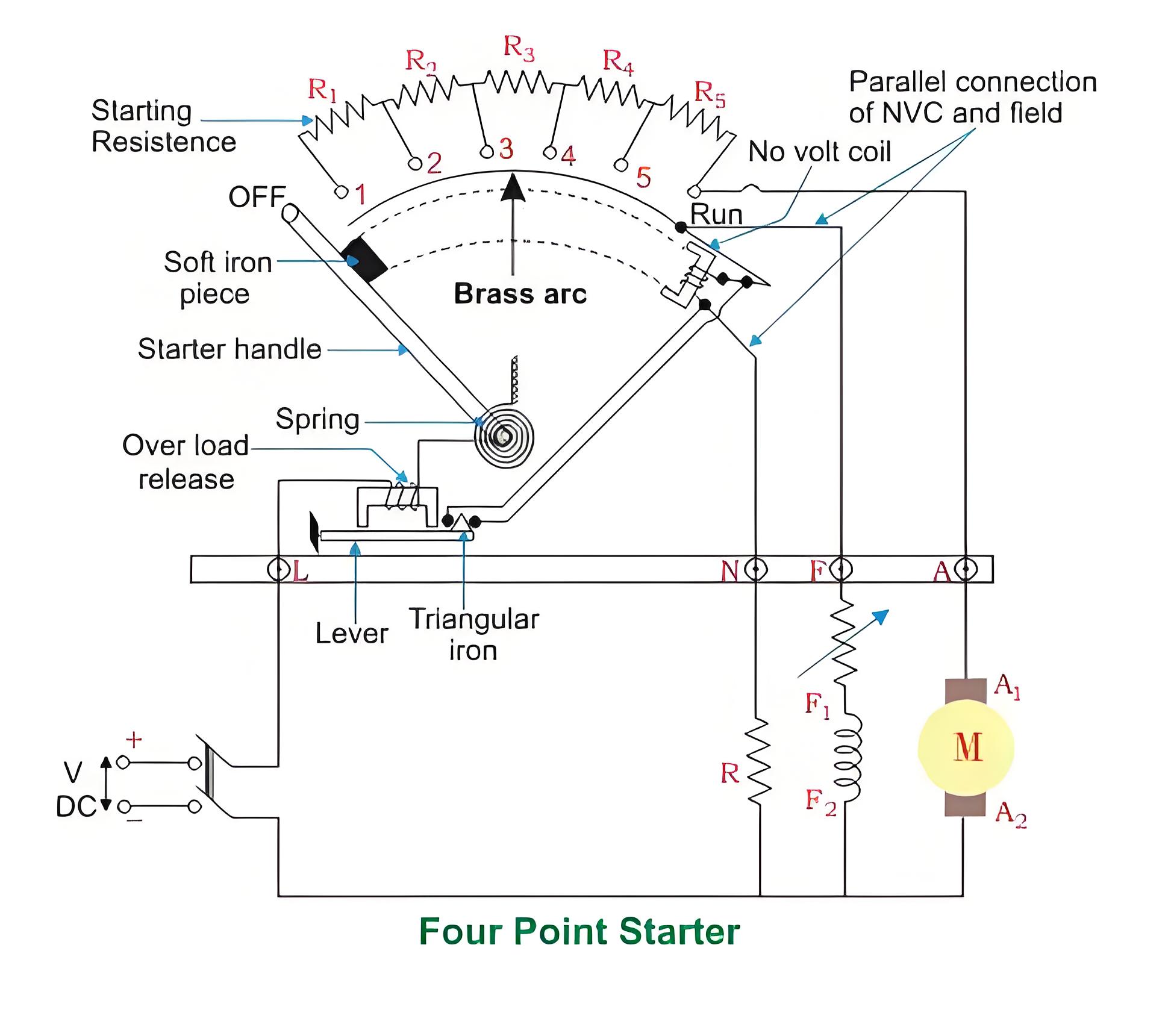
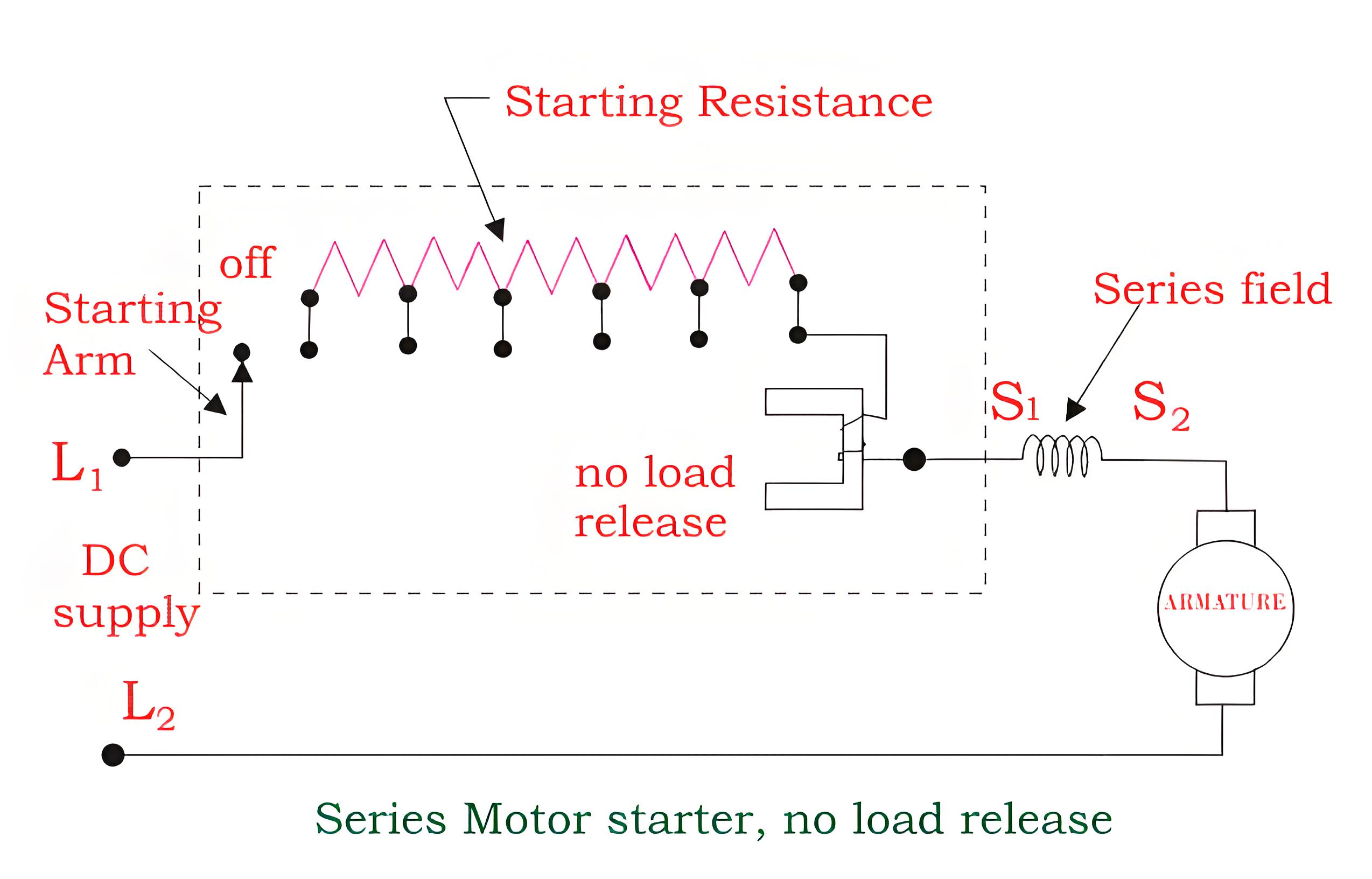
The Electricity Encyclopedia is dedicated to accelerating the dissemination and application of electricity knowledge and adding impetus to the development and innovation of the electricity industry.
